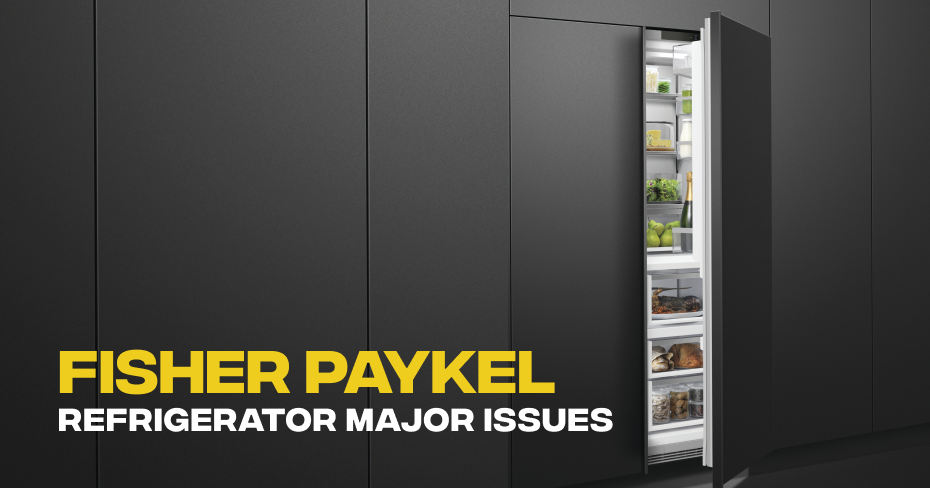
Fisher Paykel Refrigerator Odor Complaints
Within the heart of your kitchen, the refrigerator stands as a stalwart guardian of freshness. Yet, when unpleasant odors infiltrate this haven, the culinary sanctuary is disrupted. Let’s delve into common odor complaints and navigate through practical troubleshooting steps to restore the pristine aroma within your appliance.
1. Spoiled Food or Spills:
Unwanted odors often find their origin in forgotten or spoiled food items, spills, or remnants that linger. Regular inspections and the prompt disposal of expired or spoiled items are essential. Thoroughly cleaning spills and remnants, reaching even the hidden corners and shelves, is equally crucial.
2. Improper Food Storage:
Inadequate food storage practices, such as leaving items uncovered or improperly sealed, contribute to pervasive odors. Storing food in airtight containers helps contain odors, while the use of refrigerator storage organizers aids in segregating different types of food and preventing cross-contamination.
3. Dirty or Clogged Drain Pan:
A neglected drain pan can become a breeding ground for bacteria, leading to unpleasant odors. Regular cleaning of the drain pan to prevent bacterial growth is essential. Additionally, checking for and clearing any clogs in the drain line ensures proper drainage.
4. Odor from Ice Maker:
For refrigerators equipped with ice makers, odors may emanate from ice that has absorbed smells from the freezer or refrigerator compartments. Discarding old or stale ice and regular cleaning of the ice bin and ice maker components are effective solutions.
5. Bacterial Growth in Drip Tray:
The drip tray beneath the water and ice dispenser can harbor bacteria if not cleaned regularly. Thorough cleaning and occasional sanitization of the drip tray prevent bacterial odors from affecting the refrigerator’s freshness.
6. Inadequate Ventilation:
Poor ventilation within the refrigerator can lead to the stagnation of air and the development of unpleasant odors. Avoiding over-packing the refrigerator and placing an open box of baking soda inside can aid in proper air circulation and odor absorption.
7. Sealed Containers with Strong Odors:
Containers holding strongly scented foods can release their aromas into the refrigerator, affecting its overall scent. Opting for odor-resistant containers and storing aromatic items in designated areas, such as crisper drawers, helps contain their odors.
If persistent odors resist these troubleshooting steps, consider seeking professional assistance. Skilled technicians can provide tailored solutions to eliminate lingering odors and restore your refrigerator to its role as a fragrant haven in your kitchen.
Schedule Appointment